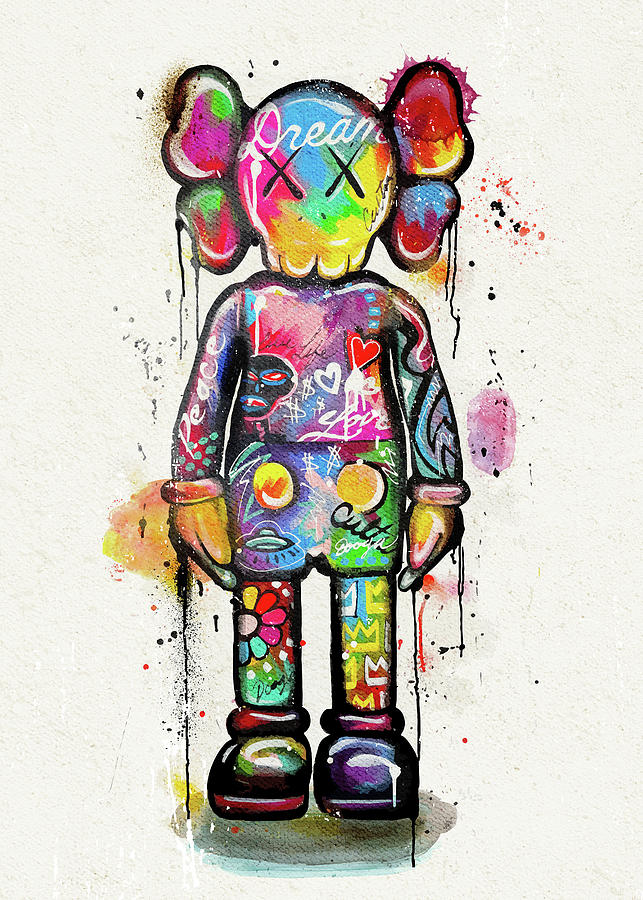Luxury brands are embracing digital innovation like never before, blending technology with exclusivity to create seamless, immersive experiences for their high-net-worth customers. From AI-driven personalization to the integration of AR and VR, the online presence of luxury brands is no longer just about aesthetics—it’s about crafting bespoke, high-touch experiences that rival the prestige of in-person interactions. In this article, we explore the key digital trends reshaping the luxury landscape and highlight brands that are leading the charge.
1. Ultra-Personalized Website Experiences
Luxury consumers demand exclusivity and personalization at every touchpoint. High-end brands are leveraging AI-driven personalization to deliver bespoke shopping experiences tailored to individual preferences. From dynamic content that adapts based on user behavior to VIP-only sections, brands are using technology to make their websites feel like private showrooms.
Example: Gucci’s website offers tailored recommendations, virtual stylists, and interactive features, ensuring each visitor experiences a personalized journey.
2. Immersive Technologies: AR & VR
Luxury brands are integrating Augmented Reality (AR) and Virtual Reality (VR) into their digital presence to elevate the shopping experience. These technologies allow customers to try on products virtually, explore luxury spaces, or experience runway shows from anywhere in the world.
Example: Louis Vuitton has incorporated AR features into its mobile app, allowing users to visualize handbags and accessories in real time before purchasing.
3. Social Media as a Digital Flagship Store
Instagram, TikTok, and even private social platforms are becoming the primary engagement channels for high-end brands. Luxury brands are leveraging high-quality visuals, influencer partnerships, and exclusive content to create digital experiences that mirror in-store prestige.
Example: Dior’s Instagram strategy includes high-production-value reels, behind-the-scenes footage, and collaborations with top-tier influencers, reinforcing its brand identity while maintaining exclusivity.
4. The Rise of AI-Generated and Interactive Content
Artificial intelligence is playing a significant role in content creation, customer engagement, and data-driven decision-making. AI-powered chatbots provide seamless concierge services, while generative AI creates hyper-personalized marketing materials.
Example: Burberry’s AI-driven chat experience allows users to engage with a digital stylist, receive curated recommendations, and book in-store appointments directly through its website.
5. High-End E-Commerce with NFTs & Blockchain
Luxury brands are embracing blockchain technology and NFTs to authenticate products and create exclusive digital assets. This ensures transparency, enhances brand value, and opens new revenue streams in the digital collectibles space.
Example: Prada’s limited-edition NFT drops complement its physical fashion collections, giving collectors a unique blend of digital and physical luxury items.
6. Hyper-Targeted Advertising for Ultra-Wealthy Consumers
Luxury brands are refining their digital ad strategies to reach high-net-worth individuals (HNWIs) through hyper-targeted, data-driven campaigns. This includes programmatic advertising, exclusive social media retargeting, and high-production video campaigns designed to evoke emotion and exclusivity.
Example: Rolls-Royce’s Phantom launch campaign used ultra-precise geotargeting to reach affluent buyers through private aviation lounges, luxury magazines, and exclusive digital channels.
7. Sustainability and Ethical Luxury in Digital Storytelling
Modern luxury consumers prioritize sustainability and ethical responsibility. Digital platforms allow brands to communicate their commitment to eco-friendly practices through storytelling, interactive reports, and transparent sourcing details.
Example: Stella McCartney’s website features immersive content showcasing its sustainable initiatives, including biodegradable fabrics and cruelty-free fashion production.
Conclusion: The Digital Future of Luxury
As luxury brands continue to push the boundaries of digital engagement, innovation remains key to maintaining exclusivity while reaching a broader audience. From AI-powered personalization to immersive virtual shopping experiences, the digital transformation of high-end brands is setting new standards for elegance and convenience. Staying ahead in this dynamic landscape requires a seamless fusion of cutting-edge technology, storytelling, and exclusivity—elements that define the luxury experience in the digital age.
